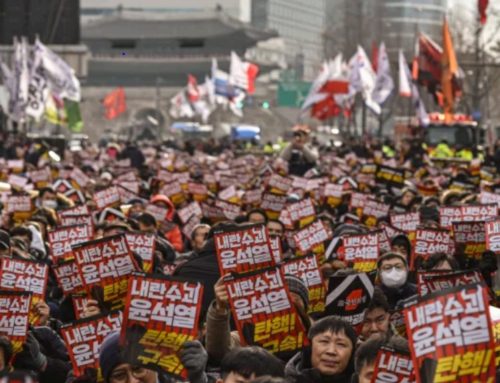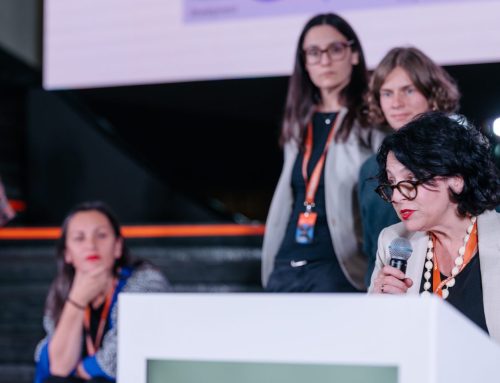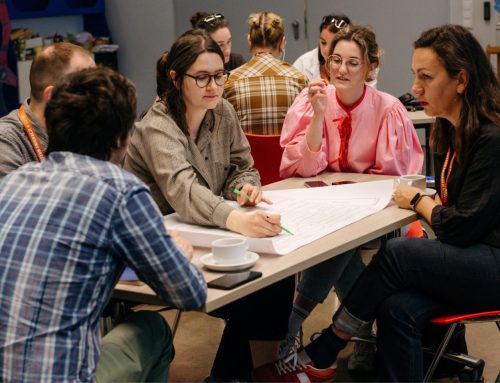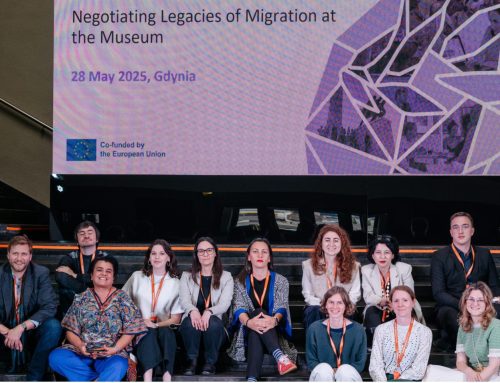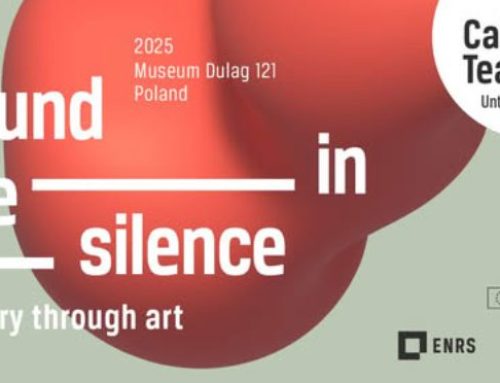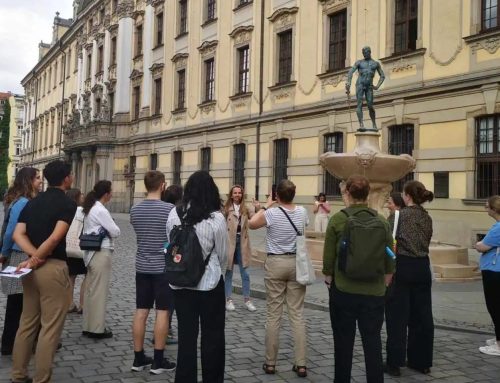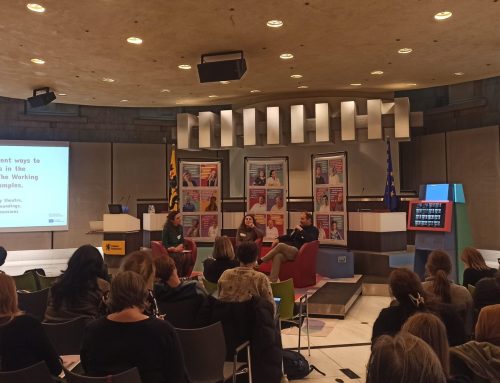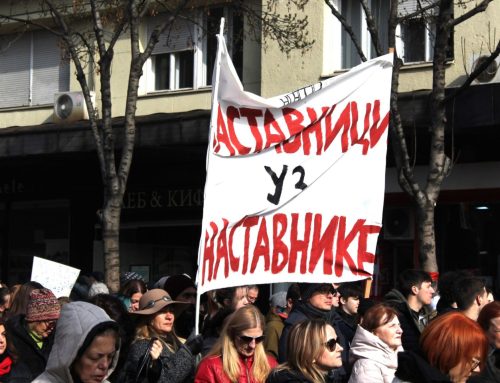One year ago the EU Education Ministers and Commissioner Navracsics adopted the Paris Declaration on ‘Promoting citizenship and the common values of freedom, tolerance and non-discrimination through education‘. This declaration showed Europe’s determination to stand shoulder to shoulder in support and safeguard of the fundamental values that lie at the heart of the EU: respect for human dignity, freedom, democracy, equality, the rule of law and respect for human rights. The Ministers and the Commissioner called ‘for renewed efforts to reinforce the teaching and acceptance of these common fundamental values and laying the foundations for more inclusive societies through education – starting from an early age.’ They agreed upon a number of actions at the national, regional and local level and on the European level. Click here to read the declaration again.
Now the question arises: how have European countries addressed the Paris Declaration objectives in their education policies?
The Eurydice leaflet offers a short overview of recent education policy developments in European countries since the adoption of the Paris Declaration. In the leaflet the positions in multiple countries, like Spain, Bulgaria and Finland, are described. The good news is that at least two-thirds of European countries have developed their education policies. How they have done this differed per country.
Helsingor Declaration
EuroClio very much welcomed the renewed emphasis on citizenship and values, which are fundamental in constructing education for key competences (knowledge, skills and attitudes), in particular social and civic competences.
On 20-25 April 2015, the Association brought together 157 history, heritage and citizenship educators, many of which being representatives of larger associations and civil society organisations, as well as experts and representatives of inter-governmental organisations from over 40 countries to draft a common response to the EU Education Ministers‟ declaration.
The occasion was the 22nd Annual Professional Development and Training Conference “Roads to Democracy: Can History Teaching Pave the Way?” in Helsingor, Denmark, which EuroClio organised together with the Danish History Teachers‟ Association.
The declaration was drafted following two preparatory conference days, including key-note lectures on responsible history education and the role of history education in advancing open and democratic societies in Europe today and practitioners‟ workshops on best practices in history and citizenship education. A full-morning world cafe session in which all participants were able to constructively analyse and discuss the ministerial statements resulted in the following identification of needs, proposal for actions and suggested ways forward.
More information about the Helsingor Declaration is available here.
[download-attachments]

